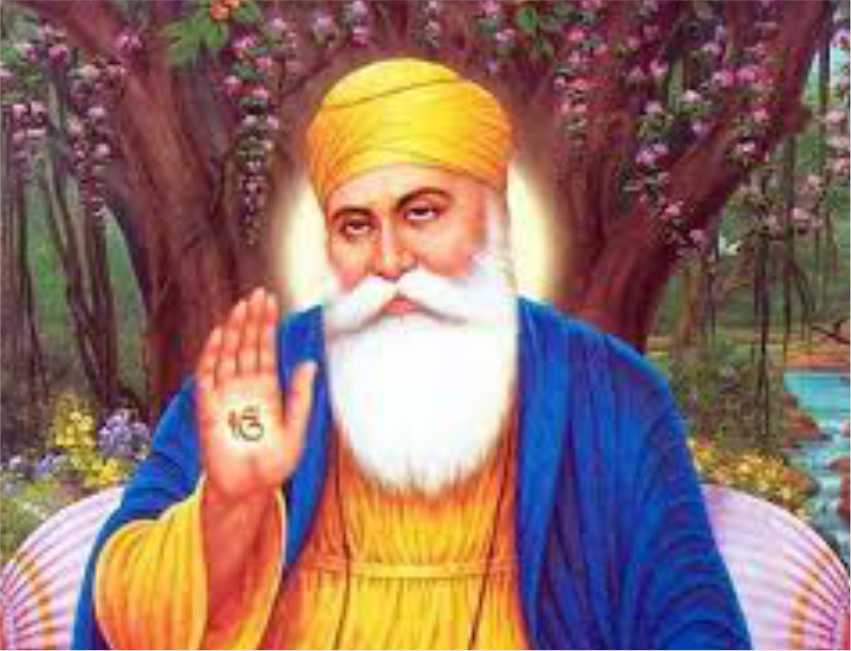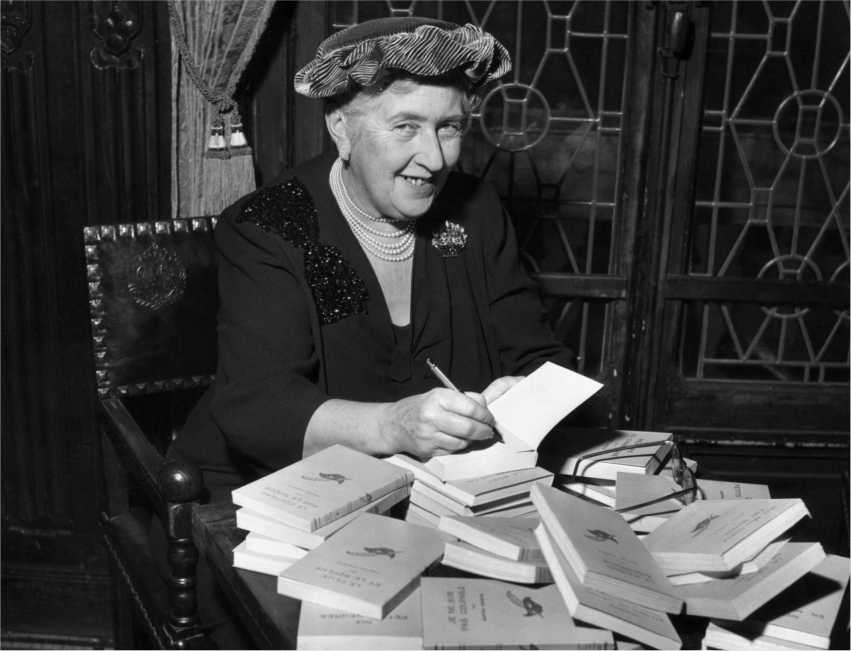Know about the significance of Guru Nanak Jayanti

- Christopher Rodrigues
- 27 Nov, 2023
Learn why it is one of the most important festivals in Sikhism
Guru Nanak Jayanti, also known as Gurpurab, is one of the most significant religious festivals in Sikhism. It celebrates the birth anniversary of Guru Nanak Dev Ji, the founder of Sikhism and the first of the ten Sikh Gurus. Guru Nanak Jayanti usually falls in the month of November, according to the Gregorian calendar, but the date varies each year according to the Sikh calendar.
These are some key aspects that make Guru Nanak Jayanti special.
Birth of Guru Nanak Dev Ji: The festival marks the birth of Guru Nanak Dev Ji in 1469 in Talwandi, present-day Nankana Sahib in Pakistan. Guru Nanak Dev Ji's teachings form the foundation of Sikhism, emphasizing devotion to one God, equality, compassion, and selfless service.
Teachings of Guru Nanak: Guru Nanak's teachings are enshrined in the Guru Granth Sahib, the holy scripture of Sikhism. His philosophy revolves around the oneness of God, equality of all human beings, and the importance of selfless service and devotion.
Community celebrations: Sikhs around the world celebrate Guru Nanak Jayanti with great enthusiasm. The celebrations often include processions, kirtan (devotional singing), reading from the Guru Granth Sahib, langar (community meals), and Nagar Kirtan (a procession through the town).
Nagar Kirtan: A Nagar Kirtan is a Sikh procession that involves the singing of hymns and the procession of the Guru Granth Sahib through the streets. This is a vibrant and joyous part of Gurpurab celebrations, and it may involve the participation of the Sikh community, musicians, and various floats.
Langar (Community Meal): The concept of langar, or a community kitchen, is central to Sikhism. During Gurpurab celebrations, Sikhs organize langars, where free meals are provided to all, regardless of their background. This practice reflects the Sikh principles of equality, humility, and selfless service.
Gatka (Sikh Martial Arts): Some Gurpurab celebrations include demonstrations of Gatka, a traditional Sikh martial art. Gatka exhibitions showcase martial skills, agility, and the historical significance of martial arts in Sikh history.
Promotion of equality and brotherhood: Guru Nanak's teachings emphasize the equality of all people, regardless of caste, creed, or gender. Guru Nanak Jayanti serves as a reminder of these values and encourages followers to practice them in their daily lives.
Seva (Selfless Service): Sikhs participate in seva (selfless service) on Guru Nanak Jayanti and during the Gurpurab celebrations. This may include volunteering at community kitchens, cleaning, or participating in other forms of service to humanity.
Prayer and reflection: Many Sikhs use Guru Nanak Jayanti as a time for prayer, reflection, and a renewed commitment to the principles taught by Guru Nanak.
Overall, Gurpurab is a time of spiritual reflection, community bonding, and acts of kindness for Sikhs. It is an occasion to reinforce the values and teachings of Sikh Gurus and to strengthen the sense of unity among the Sikh community.





